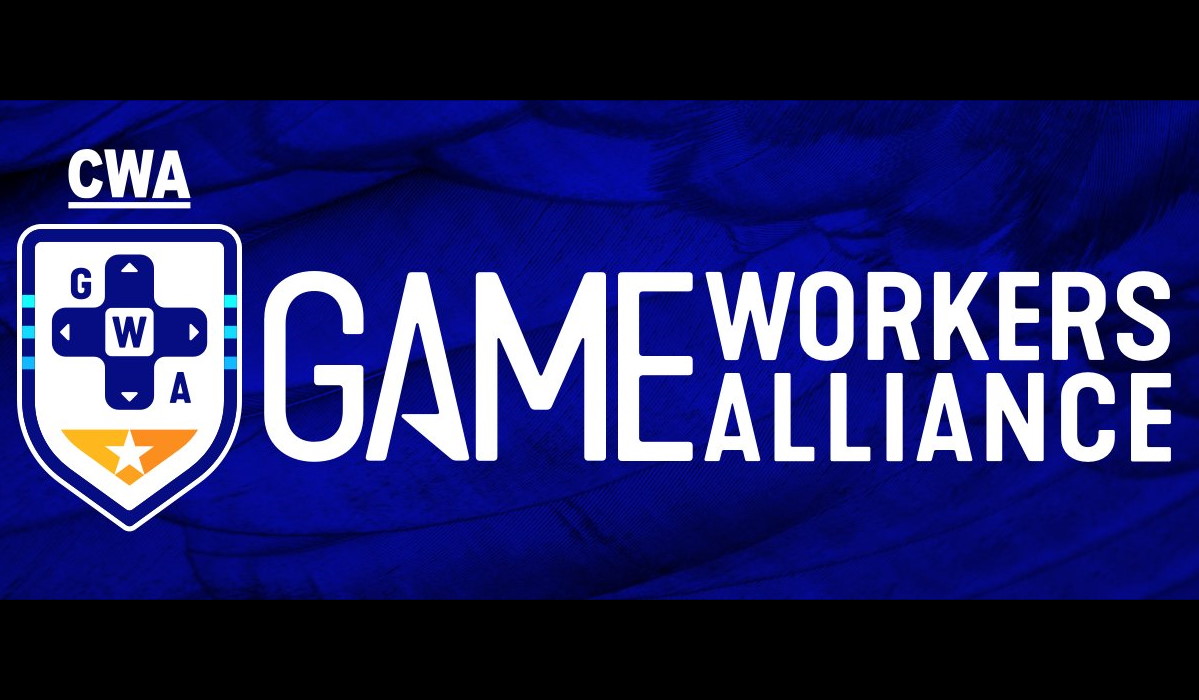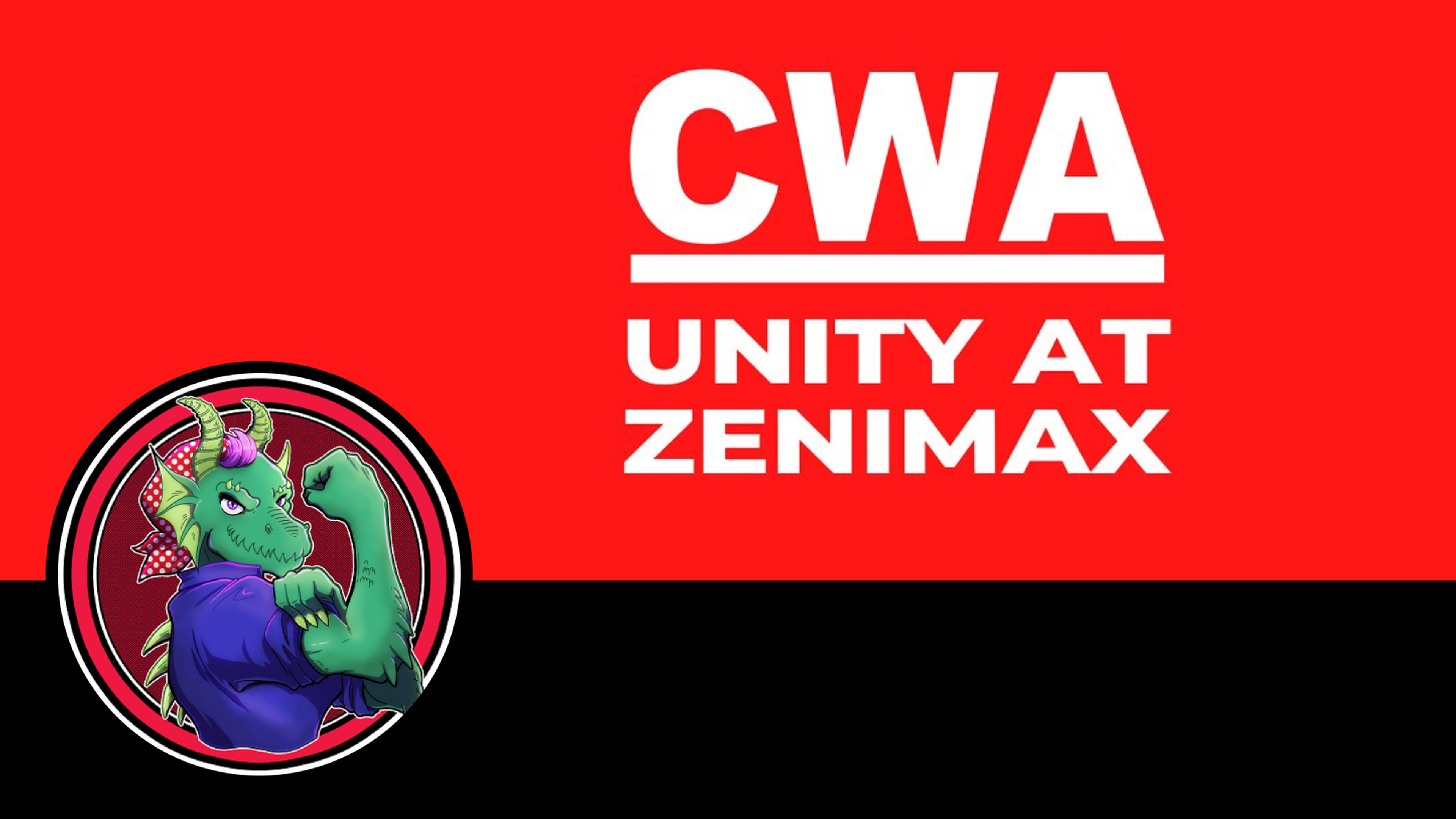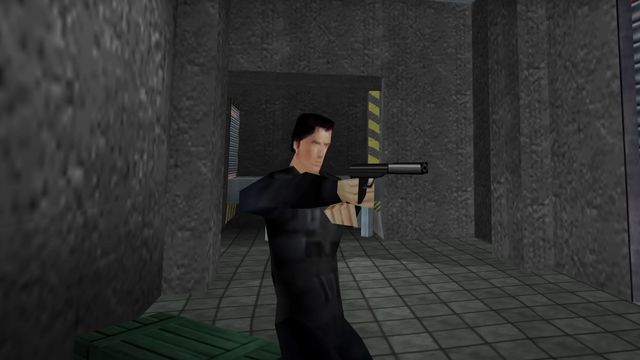2022 was a banner year for labor organizing in the games industry, with a wave of successful union drives at major studios. As labor issues in gaming became more public and widely discussed, workers in the industry have advocated for collective bargaining and union protections as a key component in battling endemic burnout and exploitation, as well as acute management abuses like the ones documented at Activision Blizzard, Riot, and Ubisoft.
Organizations like Game Workers Unite sprung up in the late 2010s to advocate for labor power in the games industry as critiques of crunch culture at studios drew wider attention. Workers at Stockholm-based studio Paradox Interactive successfully unionized and signed a collective bargaining agreement with the company in 2020, but it was at the end of 2021 leading into 2022 that things really started to boil over, resulting in the first successful union drives at major North American developers.
Raven QA

In December 2021, Activision Blizzard laid off 12 quality assurance (game testing) workers at Raven Software, a long-lived FPS studio and co-developer of Call of Duty’s Warzone battle royale mode. Raven’s remaining QA staff walked off the job in protest, with other developers across Activision Blizzard joining in. With support from the wider A Better ABK employee advocacy group, the striking employees decided to unionize, forming the Game Workers Alliance through the Communications Workers of America.
Activision Blizzard proved hostile to the new union, refusing to voluntarily recognize it while arguing that any organizing effort at Raven should encompass the whole studio. Additionally, Activision Blizzard pushed through pay raises for other QA workers across the company, excluding Raven.
Both Activision Blizzard and Starbucks, another multinational corporation seeing unprecedented union activity, have utilized this tactic, but this pattern of issuing pay raises to non-unionizing employees in response to labor action has drawn condemnation from the National Labor Relations Board.
The NLRB further ruled that there are enough differences in compensation and type of work done by videogame QA departments to warrant unionizing independently from the rest of a studio, opening the door to a union vote despite Activision Blizzard’s objections. The GWA at Raven won its vote to unionize, and is currently in negotiations with Activision Blizzard over its first contract.
Knock-on effects

The first union at a big-budget game developer in North America was quickly followed by several more, all in QA departments working on major franchises. QA workers at Keywords Studios, a support studio to BioWare with employees currently working on the next Dragon Age, unanimously voted to unionize in June. Blizzard Albany, the developer formerly known as Vicarious Visions and a support studio on the upcoming Diablo 4, saw its QA staff successfully unionize at the beginning of December under the same GWA/CWA umbrella as Raven.
These early victories precipitated the biggest coup so far in videogame labor organizing: the successful unionization of all 300 QA workers across ZeniMax Media, which includes Starfield and Elder Scrolls developer Bethesda. In addition to the sheer size of the union organized, the ZeniMax drive was notable for the relative cooperation of parent company Microsoft. In the lead-up, figures like Xbox head Phil Spencer and Microsoft CVP and general counsel Lisa Tanzi issued public statements affirming Microsoft employees’ right to organize and the company’s willingness to recognize unions.
Microsoft followed through with this rhetoric in its dealings with ZeniMax Workers United, and CWA president Chris Shelton stated that Microsoft’s actions “should serve as a model for the industry and as a blueprint for regulators.” The stark contrast with Activision Blizzard’s combativeness is particularly notable given Microsoft’s pending $68.7 billion acquisition of the Call of Duty and World of Warcraft publisher.
That acquisition and its success could have a major influence on the labor movement in gaming going into 2023. This wave of studio unionizations first sprung up in opposition to Activision Blizzard management, with the company’s resistance to labor organization galvanizing its workers but also significantly impeding the unionization process. A milder Activision Blizzard moderated by Microsoft could provide a more favorable environment for future studios to organize in.
Even if the merger doesn’t go through though, it’s hard to see this momentum as a glitch games industry companies can patch out. An important test coming up is the union drive at the amusingly named Spellbreak developer Proletariat, which was acquired by Activision Blizzard in 2022. The Proletariat Workers Alliance (again, great name) is the first instance in this current wave of unionizations of multiple departments, not just quality assurance, participating in the effort.
It also remains to be seen what kind of contracts can be won at successfully unionized workplaces, and if similar movements can take hold at other publishers like Ubisoft and EA.
